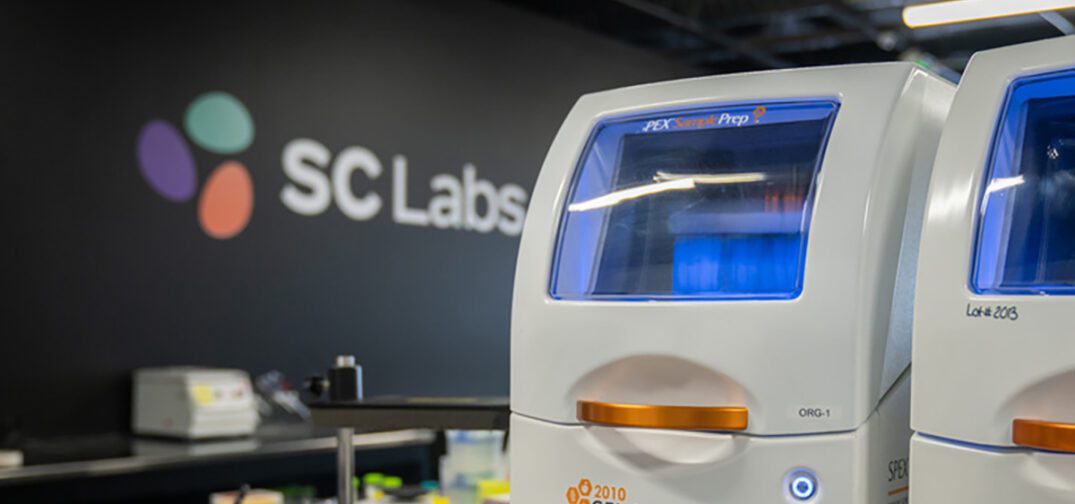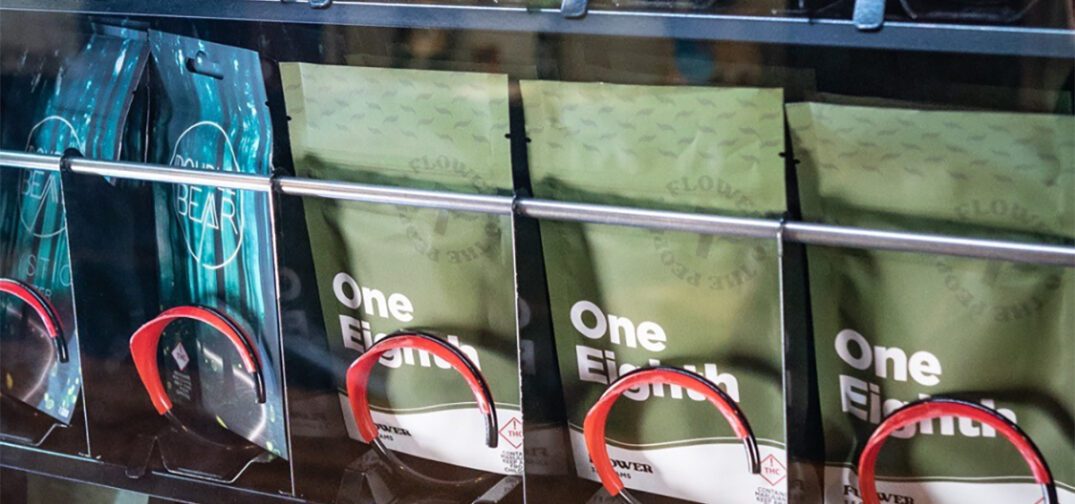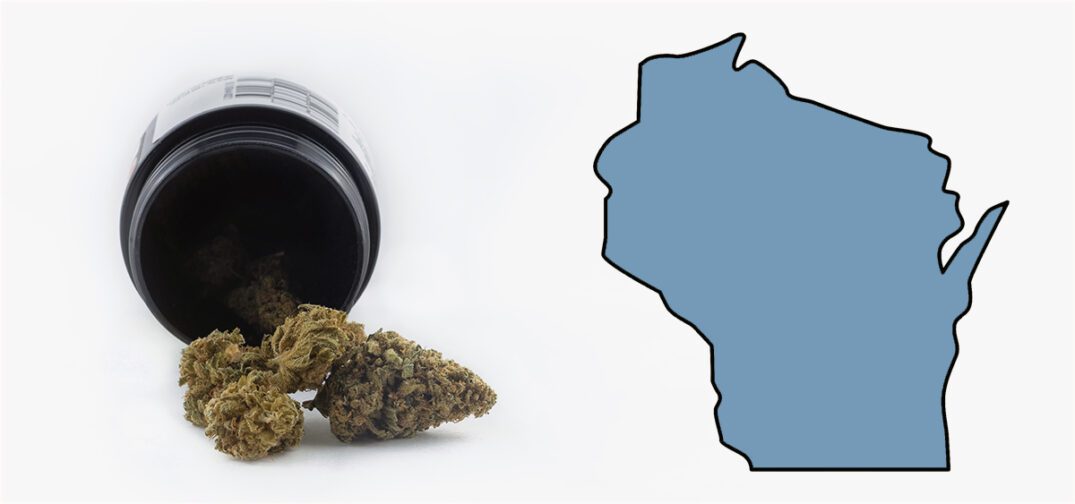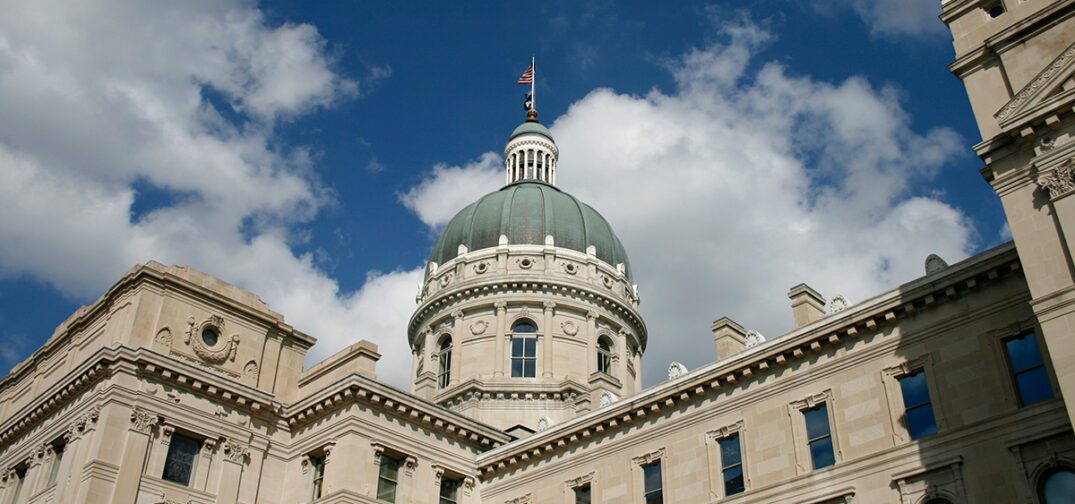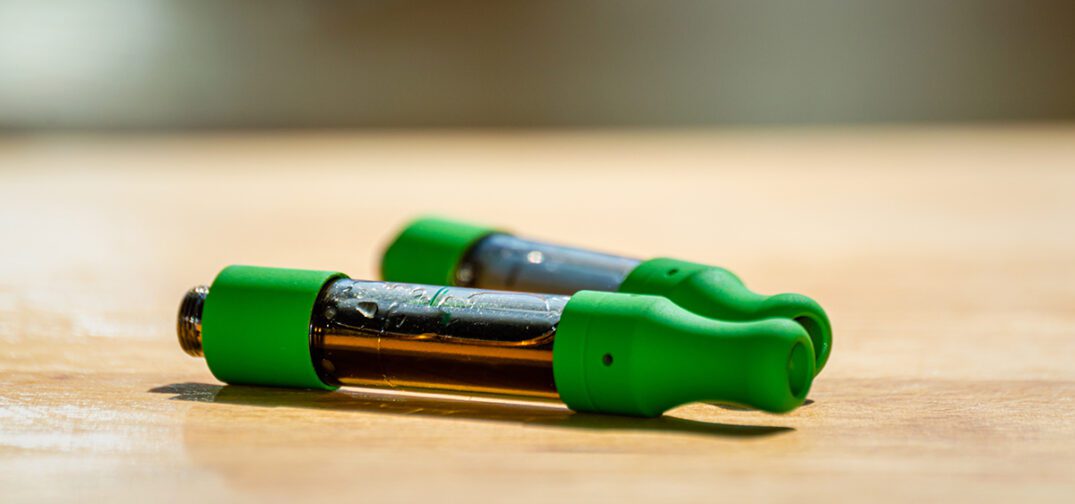SC Labs, the leading cannabis and hemp testing company, has officially opened its new lab in Southern California.
The 12,000+ square foot facility, located in the Van Nuys neighborhood of Los Angeles, conducts both R&D and compliance cannabis testing – similar to its Santa Cruz counterpart – providing faster turnaround times to process samples for customers south of Santa Barbara. The new lab offers the full suite of California compliance testing (potency, pesticides, heavy metals, residual solvents, microbials, water activity, filth and foreign material) as well as terpenes. Shelf stability testing will soon be available in the lab to help customers determine the expiration date of their products. By opening this new state of the art facility, SC Labs will deliver added testing capacity to meet the needs of Southern California’s regulated cannabis market.
Similar to SC’s operations in Santa Cruz, the new lab will maintain the same technology stack (Laboratory Information Systems and the SC Client Services Portal) and chemometric reporting for customers conducting both Cannabinoid and Terpenoid assays.
“We are thrilled to bring more high-quality testing to a wider swath of the Golden State,” said Jeff Journey, CEO of SC Labs. “With this expansion, we are doubling down on California as a leading market that we believe has the regulatory oversight to enforce proper testing requirements. We’re excited to get to work in Southern California supporting even more customers with the high-quality, accurate testing they need as this market continues to mature and grow.”
“Our customers have been asking us to open a Southern California lab for years and we’re excited to finally deliver on that ask,” added Jeff Gray, Co-Founder and Chief Innovation Officer of SC Labs. “This new state of the art lab more than doubles our California testing capacity, enabling us to do more R&D, and more importantly, provides ample and excess testing capacity for all of our customers.”
Combined U.S. medical and recreational cannabis sales are estimated to be upwards of $52.6 billion by 2026 – and California is currently the largest legal cannabis market in the world. In regulated cannabis markets like California, products for sale are required to undergo a series of tests by a state-accredited lab to help ensure that products are safe to consume and accurately labeled. SC Labs is allowing its customers to meet those requirements and ultimately help them meet the demand in the market.
In addition to L.A., SC Labs currently has cannabis testing labs in Santa Cruz, CA., Colorado, Michigan, and Oregon. With this growth, SC Labs is hiring for both California locations.
About SC Labs
SC Labs is the nation’s leading cannabis and hemp testing laboratory with more than 12 years of experience helping companies deliver safe products to the emerging marketplace. Focused on establishing new testing standards and methodologies designed for speed, efficiency, and safety, SC labs helps its clients navigate complex regulatory requirements while providing them unmatched scientific expertise and state-of-the-art resources. SC Labs is licensed and accredited in California, Oregon, Colorado, and Michigan with a growth strategy designed to serve quality cannabis and hemp brands across the nation and around the world. To learn more, visit SCLabs.com.
End
